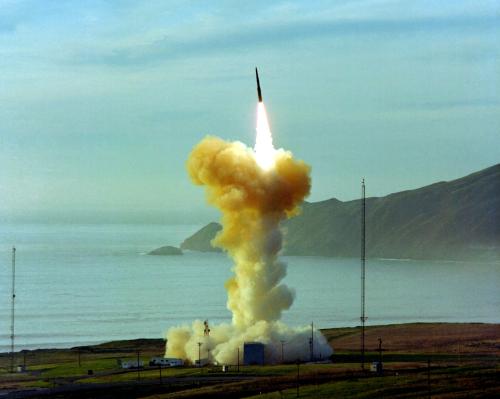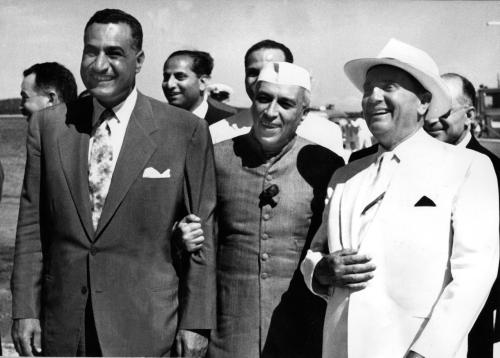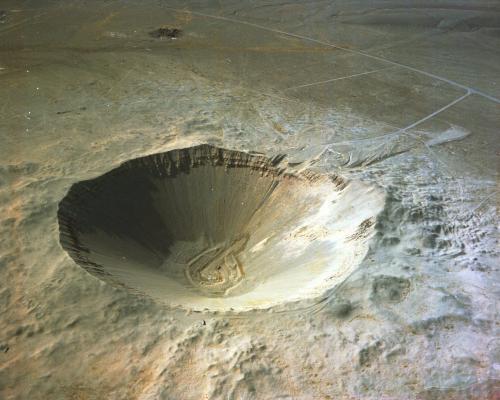This week, the United States and its allies will enter another round of negotiations with Iran, this one more hopeful as a result of Hassan Rouhani’s election as Iranian president and his repeated statements that he wants a deal to end Iran’s nuclear impasse.
One of the foundational assumptions of the American approach to these negotiations all along has been that the West doesn’t have time and the Iranians do. As a result, the United States has insisted that the talks cannot be allowed to drag on. They need to be concluded quickly. The rationale behind this assumption is that the Iranians care more about retaining their nuclear program than they do about having sanctions lifted, and their goal is merely to stave off worse measures by the West — either US or Israeli military operations, or even harsher sanctions — while they continue to enrich uranium and draw closer and closer to acquiring a breakout capability. (A breakout capability is the ability to quickly field a workable nuclear weapon. Although the term “quickly” is undefined and has changed significantly over the years, it is often described as meaning “faster than the West could act to prevent it.”)
It was not wrong or misguided to believe this. In the past, there was good reason to believe it was entirely correct. However, today, the evidence suggests that it is fundamentally mistaken, and that it is the Iranians, particularly Rouhani, who face time pressures more than the West.
The Brookings Institution is committed to quality, independence, and impact.
We are supported by a diverse array of funders. In line with our values and policies, each Brookings publication represents the sole views of its author(s).



Commentary
Op-edIran: U.S. Has Time, Rouhani Doesn’t
October 14, 2013